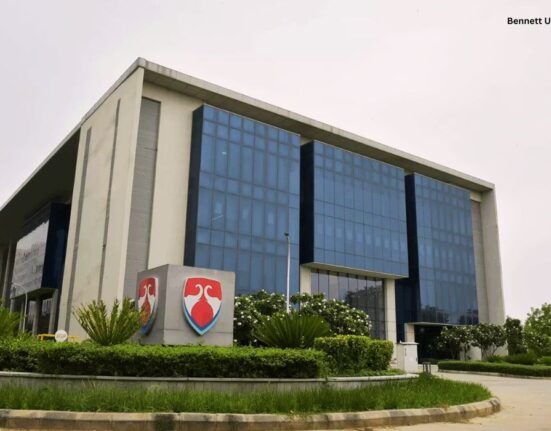Employees are the company’s most valuable asset; the business cannot survive or grow without them. Because employees are so crucial to the operation of the business, effective employee management is necessary to ensure that workers are always satisfied with their jobs. Employee innovation will increase with increased job satisfaction, which will benefit organisational development.
A recent study published in the Open Psychology Journal by Tulus Winarsunu, Riskun Karim Aminuddin, Djudiyah and Zainul Anwar from the Department of Psychology, Universitas Muhammadiyah Malang, Indonesia concluded that gratitude can control the influence of religiosity on employee’s job satisfaction. According to the researchers, gratitude is a powerful mediator of the influence of religiosity on job satisfaction. Therefore, employees who practise religion will be satisfied with their coworkers if they are shown gratitude.
Interlinked Concepts:
According to previous research, these 3 concepts, i.e., gratitude, religiosity and job satisfaction, are interrelated. T. Winarsunu, R. K. Aminuddin, Djudiyah and Z. Anwar concluded that a more comprehensive approach is required to increase job satisfaction. Practising gratitude in the workplace is one strategy that can be used. Employee innovation will increase with increased job satisfaction, which will benefit organisational development.
High job satisfaction will boost employee engagement in their work and organisation and is positively connected with greater performance. Similarly, workplace religiosity enormously affects how satisfied employees are at work. The practice of religion or spirituality boosts workforce dedication and productivity.
A state of gratitude includes focusing on and appreciating the good things in life. Employees who are feeling better, have a tendency to participate in and take part in activities that build relationships with coworkers. Positive character traits like gratitude can aid people in forming friendships and other social ties, which improves social support.
People can build good life perspectives with the help of religiosity and gratitude. A chance to express gratitude or use religious practises as a way to build thankfulness is offered by religiosity, including in the form of teaching and ritualistic actions. Employees who are grateful for their work are also likely to convey this thankfulness through their job satisfaction. Therefore, encouraging employees to express gratitude boosts job satisfaction.
Data Collection & Findings:
Purposive sampling was used in a quantitative research design with 40 Muslim employees of Prima Group Indonesia. The employees who were gathered were 18-49 years old, male and female in a ratio of 26:14. The Religiosity Scale, Minnesota Satisfaction Questionnaire, and Gratitude Scale were given out directly to the respondents in order to gather data. With the aid of the SPSS version 26 programme, data analysis employed mediation regression analysis.
The test results did not show a significant direct impact of religiosity on job satisfaction, indicating that religiosity does not affect employee job satisfaction. These data reveal that religiosity does not directly correlate with job satisfaction when a thankfulness mediator is included.
The results of the gratitude test, which examined its role as a mediator of the impact of religiosity on job satisfaction, were significant, indicating that gratitude can control the influence of religiosity on an employee’s job satisfaction.
Implications of the Study:
Researchers can use the study’s findings as a guide when analyzing gratitude, job satisfaction, and religiosity from other angles. For instance, gratitude and job satisfaction may differ depending on an employee’s cultural background or religion.
Practical implications can help businesses think about the aspects of appreciation that may influence job satisfaction, necessitating measures on their part to improve thankfulness. Future study ideas include more participants from other religions and a larger demographic.
Read more articles related to gratitude:













Leave feedback about this